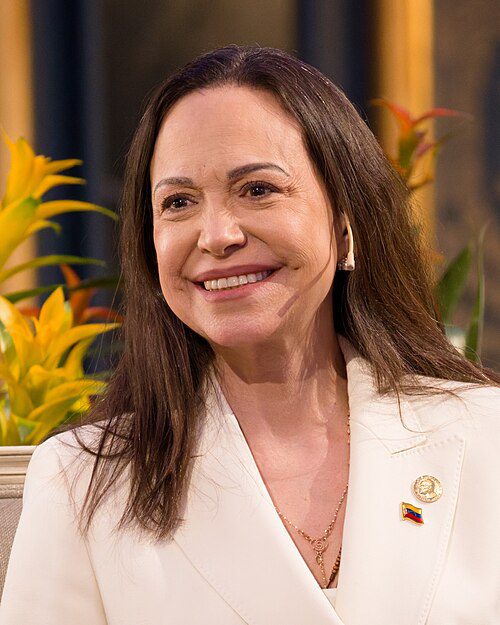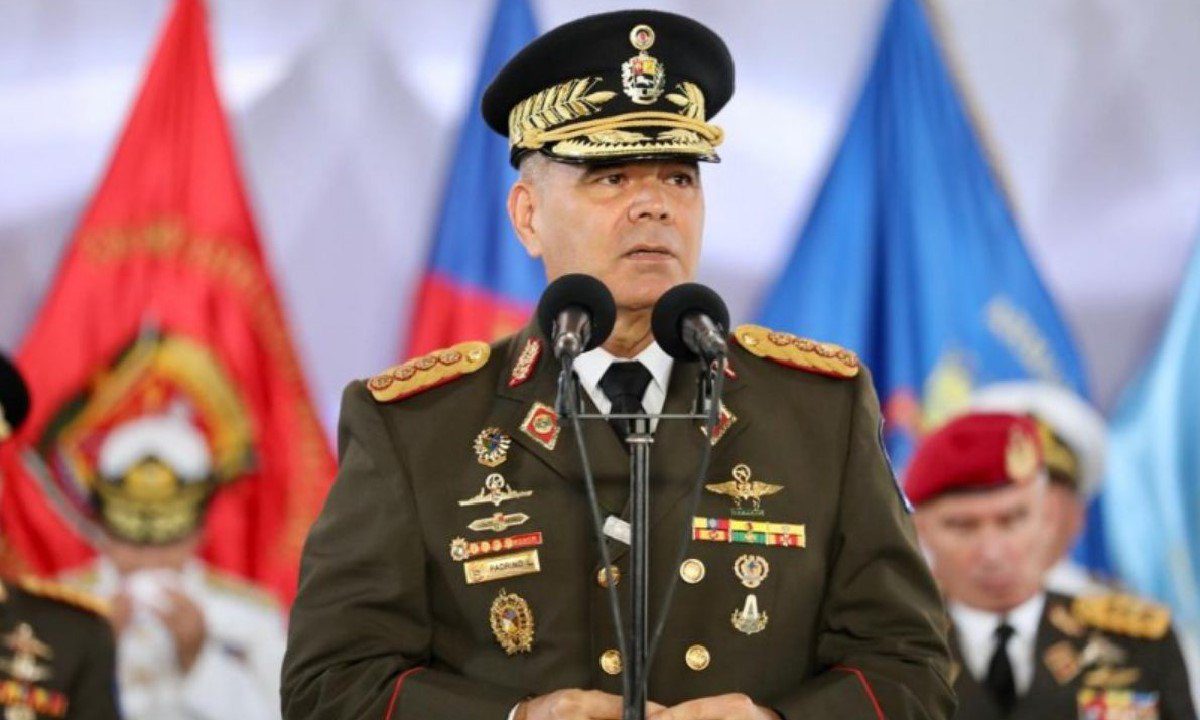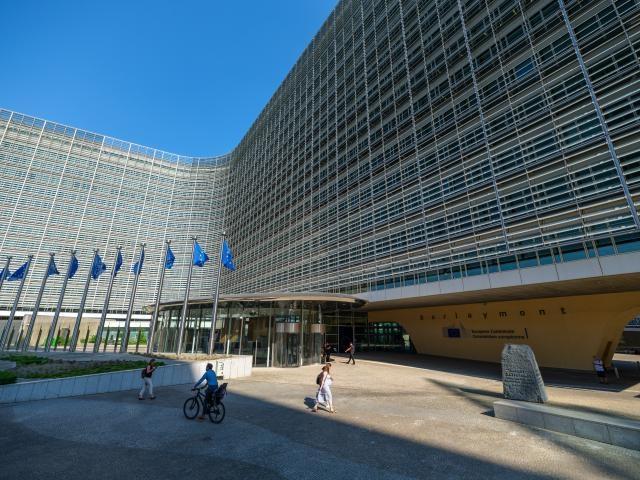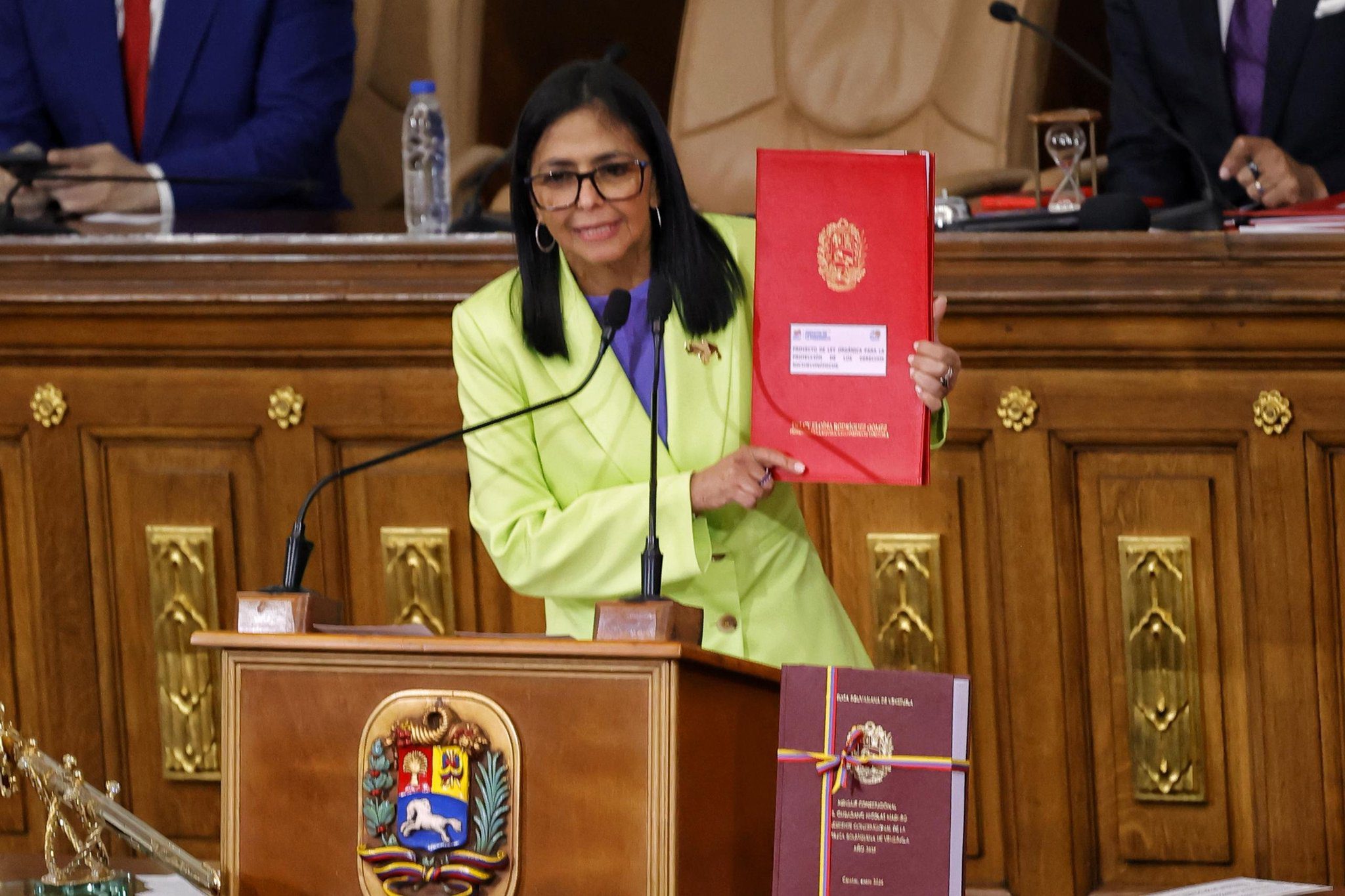Guacamaya, August 8, 2025. The Deputy Prosecutor of the International Criminal Court (ICC), Mame Mandiaye Niang, met this Thursday in The Hague with Venezuela’s Executive Vice President Delcy Rodríguez as part of the follow-up on open cases related to the situation in the South American country. While the Prosecutor’s Office reaffirmed its intention to advance investigations into possible crimes under its jurisdiction, Caracas reiterated its willingness to cooperate and denounced the lethal impact of international sanctions.
During a meeting held at the International Criminal Court (ICC) headquarters in The Hague, Deputy Prosecutor Mame Mandiaye Niang reiterated the Office’s commitment to continue ongoing investigations into the situation in Venezuela, in accordance with the mandate of the Rome Statute.
According to the ICC, the meeting served to emphasize the importance of complementarity—meaning the possibility for states to exercise their jurisdiction genuinely before the Court intervenes. In this regard, Niang stated that the progress or viability of this path would depend on the concrete efforts made by the Venezuelan state regarding accountability at the national level.
For her part, Venezuelan Vice President Delcy Rodríguez took the opportunity to present new elements in the case known as “Venezuela II,” which pertains to the impact of international sanctions. Among the submitted documents was a recent study published by *The Lancet*, which, she explained, demonstrates that over 564,000 annual deaths—particularly among children under five and the elderly—are linked to unilateral coercive measures imposed by the United States and its allies. This figure is comparable to the casualties caused by armed conflicts worldwide.
Rodríguez expressed concern over what she described as the slow handling of this complaint, filed by Venezuela more than five years ago. Additionally, regarding the “Venezuela I” case—related to alleged crimes against humanity in the country—she reiterated that no crimes falling under the Rome Statute had been committed.
The high-ranking official also reaffirmed the Venezuelan government’s willingness to continue deepening mechanisms of technical cooperation with the Prosecutor’s Office, always within the framework of the “primacy of national jurisdiction.” She further highlighted the role of Venezuelan security forces, describing them as responsible and professional in their duty to safeguard peace and citizens’ rights.
How can Delcy Rodríguez enter EU territory if she is a sanctioned individual?
The entry of Venezuela’s Executive Vice President Delcy Rodríguez into European Union territory—specifically the Netherlands—occurs despite her being listed among individuals subject to restrictive measures imposed by the EU Council in the context of Venezuela’s political crisis. These sanctions, established under Article 29 of the Treaty on European Union (TEU) and Regulation (EU) 2017/2063, include an entry and transit ban in EU member states, as well as asset freezes.
However, the EU’s legal framework provides specific exemptions to these measures. In particular, Article 6 of Regulation (EU) 2017/2063 allows member states, under certain conditions, to authorize the entry or transit of sanctioned individuals for reasons such as:
1) Participation in mandatory judicial proceedings or appearances before international courts, such as the International Criminal Court (ICC) or the International Court of Justice (ICJ).
2) Urgent humanitarian needs, including medical reasons.
3) The national interest of a member state or the interest of the European Union, for example, to facilitate political dialogue, peace processes, or cooperation with international organizations.
These authorizations do not constitute ordinary visas but rather exceptional, conditional entry permits issued on a case-by-case basis, restricted in time, place, and purpose. Typically, the receiving member state—in this case, the Netherlands, where the ICC is headquartered—submits the request to the EU Council, which evaluates it within the relevant working group (e.g., RELEX). The authorization requires consensus among member states, and its granting does not modify or suspend the applicable sanctions regime.
In summary, Delcy Rodríguez’s presence in The Hague was made possible through a legal exception provided under the EU sanctions regime, enabled solely for specific purposes and under strictly defined conditions.
The meeting takes place amid growing international attention on the human rights situation in Venezuela and ongoing debates about the effectiveness of international justice mechanisms in addressing sanctions and systematic violations.







